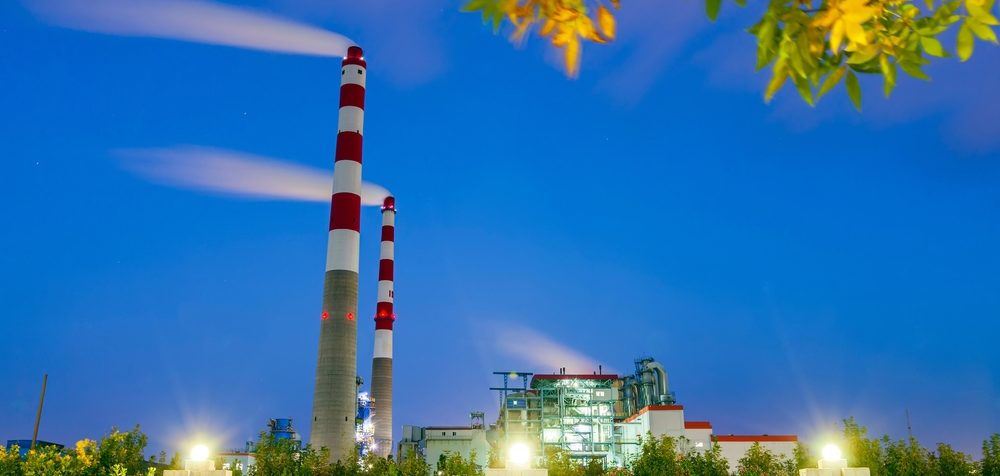
Researchers from the Korea Institute of Science and Technology (KIST) have developed a thermally refractory material – lanthanum-doped barium stannate oxide (LBSO) – that maintains its optical properties even at temperatures of 1,000 degrees Celsius and in strong ultraviolet illumination. The material has potential uses in a range of arenas, such as space, aerospace, and thermal photovoltaic (TPV) systems.
LBSO has the unique ability to control the thermal radiation spectrum. Whereas traditional blackbody emitters release radiant energy across a wide spectrum, LBSO selectively emits heat in the wavelength range where TPV cells are most productive, thus effectively enhancing overall energy generation efficiency.
The new material can also withstand extreme environments, maintaining its performance even at high temperatures up to 1,000 degrees Celsius in an air atmosphere without oxidizing. Conventional materials used as refractory conducting materials – such as tungsten, nickel, and titanium nitride – are easily oxidized at higher temperatures.
LBSO is constructed as a nanoscale thin film through pulsed laser deposition, which creates a multilayer structure with high spectral selectivity in the infrared band. The material can maintain its performance even when exposed to temperatures of 1,000 degrees Celsius and intense ultraviolet light of 9 MW/cm2.
“As an alternative to solar and wind renewable energy, whose electricity production varies depending on the weather, eco-friendly thermoelectric power generation technology that uses radiant energy emitted by the Sun and high-temperature environments to generate electricity is gaining attention,” said Jongbum Kim, senior researcher at KIST, and team leader.
The researchers expect that LBSO will find applications beyond the power generation and recycling of waste heat from industrial equipment. With its resistance to UV exposure, the material can also manage heat generated by absorption or exposure to strong sunlight – as is found in extreme environments – and could play a part in the development of applications in aviation and space.
“LBSO will contribute to addressing climate change and the energy crisis by accelerating the commercialization of thermoelectric power generation,” added Kim.
